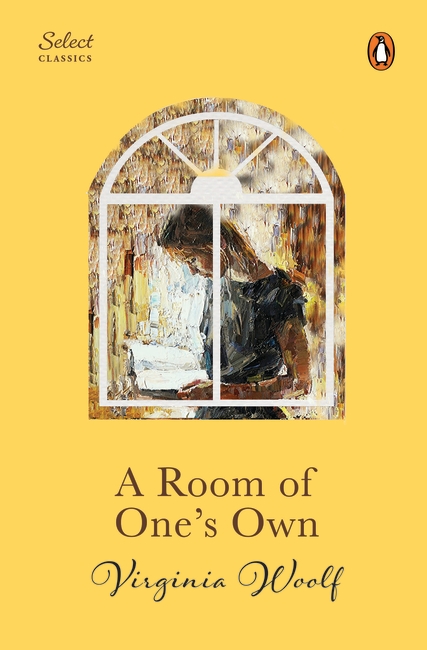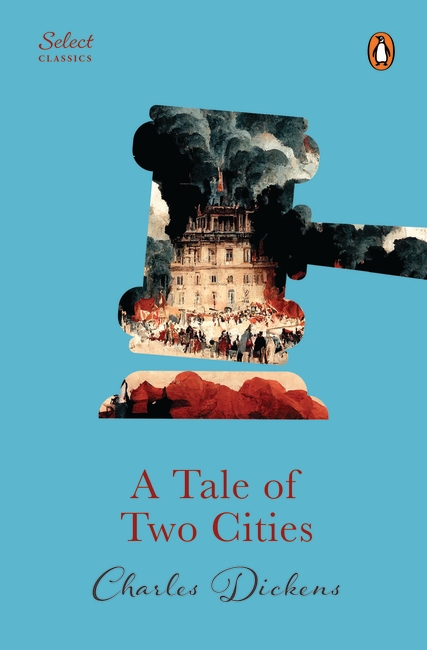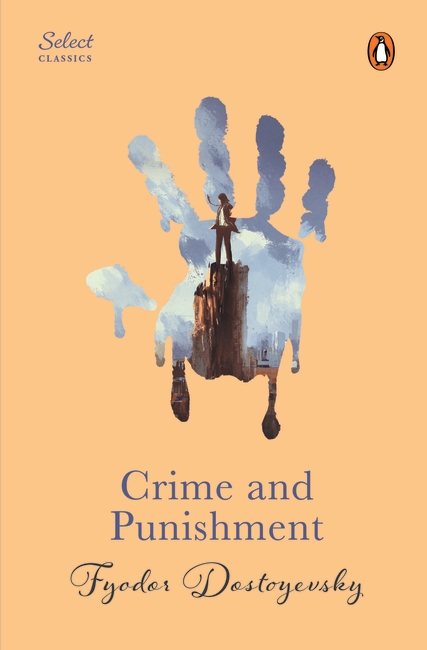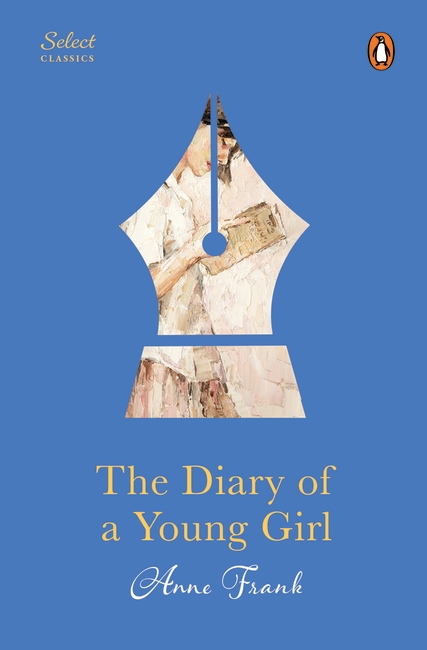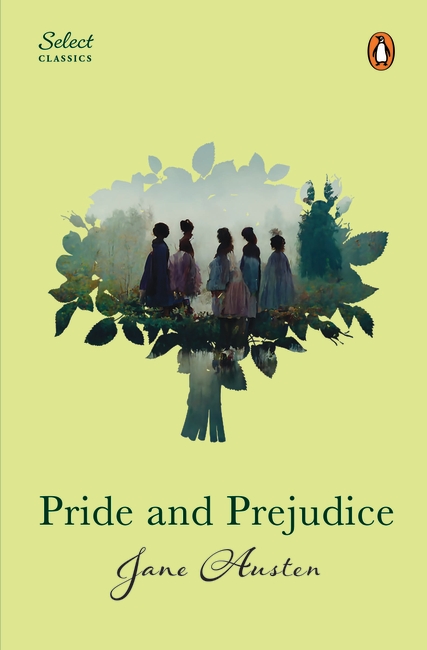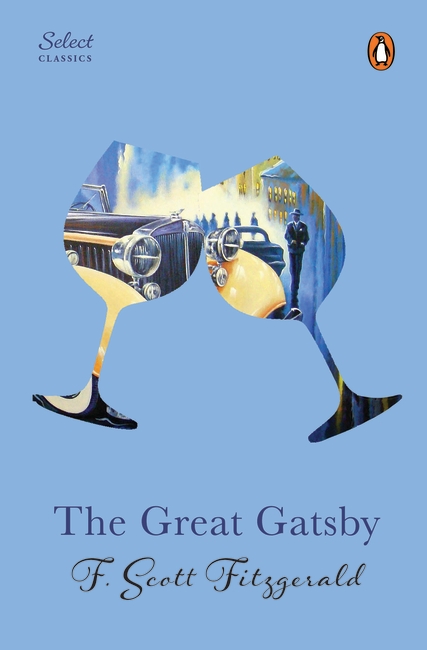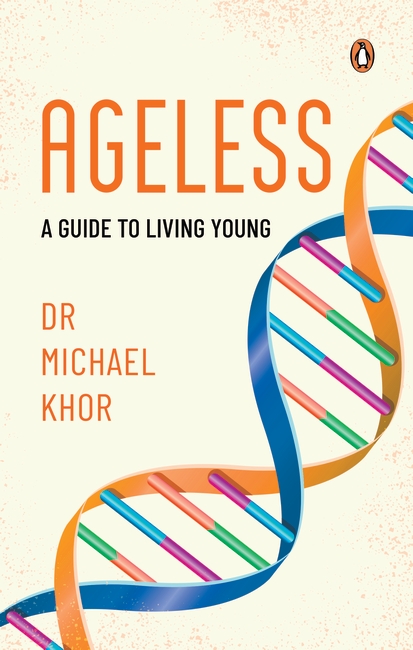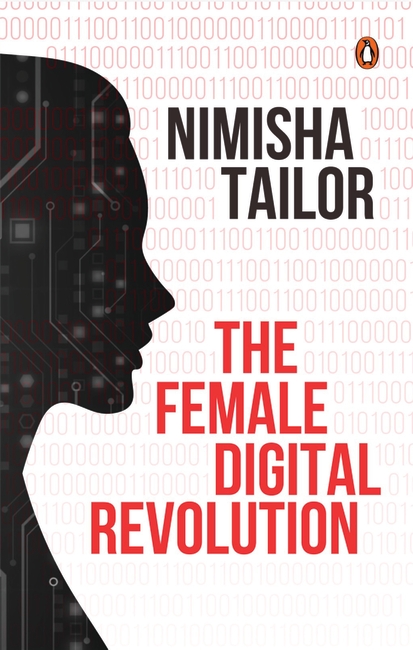
“So long as you write what you wish to write, that is all that matters; and whether it matters for ages or only for hours, nobody can say.”
It’s the 20th century and Virginia Woolf is invited to speak to a roomful of young writers at a few colleges. She left the room and society at large perplexed with the thoughts she raised. Would Shakespeare’s sisters be given the same room to flourish if she had his skill sets? Can a women flourish if given the physical space to be by herself and ideate? Can a woman find a professional identity if not infrastructurally empowered? As a society do we allow this?
This book, although a work of fiction with a fictitious narrator and setting, is inspired by the lectures delivered by Woolf. As a revolutionary work, it remains poignant and relevant even today as we seemingly progress to an equal society but struggle with conditionings of gender roles. Despite its heavy subject, it’s an enjoyable, funny, sarcastic, and sensitive read; like a conversation with a dear friend.

“I wish you to know that you have been the last dream of my soul.”
The storming of the Bastille, the drop of the guillotine blade—this is the French Revolution that Charles Dickens vividly captures in the novel A Tale of Two Cities.
It was the era of suppressed people rising for their rights, overthrowing centuries of corrupt regime; for them the wounds and blood was sweet as it was tinged with the air of liberation.
With compassion and empathy, Dickens writes some unforgettable scenes and memorable characters: the sinister Madame Defarge, knitting her patterns of death; the gentle Lucie Manette, unswerving in her devotion to her broken father; Charles Darnay, the lover with a secret past, and Sydney Carton, whose unlikely heroism gives his life meaning.
In Dicken’s enigmatic world of treachery and heroism, explore the bravest and weakest corners of human nature, and the redemptive power of love and sacrifice.

“Nothing in the world is harder than speaking the truth and nothing easier than flattery.”
What happens when paramount self-belief leads to self-destruction. Raskolnikov’s is a student who believes he has the responsibility of using evil means to bring good to people; thereby committing murders.
As Raskolnikov is chased by a relentless investigator, his conscience starts to haunt him, tightening the grip of guilt. Amidst this turmoil, only Sonya, a marginalized sex worker, holds the key to his salvation.
Ultimately, Raskolnikov’s path leads him to a profound reckoning. Through suffering and self-realization, Raskolnikov discovers the true nature of happiness and the power of accepting and reciprocating love.
Crime and Punishment stands as a testament to Dostoevsky’s unparalleled ability to explore the depths of the human psyche, the complexities of truth, guilt, and the search for redemption.

“I loved her against reason, against promise, against peace, against hope, against happiness, against all discouragement that could be.”
Pip, a blacksmith’s apprentice goes from humble beginnings in the marshes of Kent to the bustling streets of Victorian London. A chance encounter with the escaped convict Magwitch sets off a series of events that lead Pip to the eccentric Miss Havisham and her captivating ward, Estella.
In his pursuit of becoming a gentleman to win Estella’s affection, Pip grapples with his own self-worth and the impact of his humble origins.
Pip must unravel the complexities of his own identity and in the bustling 19th century London his idealistic ambitions are threatened by dominating class difference.
Charles Dickens’ riveting and thought-provoking novel raises profound questions about human worth and the pursuit of success in a rapidly changing world.

“I’ve found that there is always some beauty left—in nature, sunshine, freedom, in yourself; these can all help you.’
Anne begins her diary entries at the age of thirteen in June 1942, recording all her experiences until August 1944. All people have the right to freedom, but Anne wasn’t sure that idea included her. During WWII, Anne and her family were forced to go into hiding like many other Jews.
Vivid snippets of two years of living in an annexe, without seeing the sun, are journalled by Anne. From their bones dwindling to her emotional growth all is reflected in her writings. She writes of her passion for literature and art, her desire to travel, the struggles of family ties in hiding: showing her incredible emotional resilience.
How does she keep her spirits alive through imagination, hold onto the hopes of free life, when they weren’t allowed to bring attention to themselves?
- A powerful firsthand account of resilience during World War II.
- Chronicles two years of life in hiding through Anne’s eyes.
- Reflects on hope, dreams, and the struggle for freedom.
- Captures the emotional growth of a young girl in adversity.
- A timeless testament to the strength of the human spirit.

‘But people themselves alter so much, that there is something new to be observed in them for ever.’
A sensitive story about the loves and lives of the five Bennet sisters, especially Elizabeth Bennet the unusual heroine. Elizabeth is neither too pretty nor too talented but has a strong sense of self; it was fireworks when she met Mr. Darcy who finally clashed with someone as strong-willed as him.
Mrs Bennet wants to marry her daughters off and devises schemes to set them up with prosperous men at the ball hosted by the Bingley family. All her daughters find love, but not the easiest route to marriage.
Their journeys take them through unexpected betrayals and surprises. As life pits Darcy and Elizabeth against each other, Darcy is the saviour at every turn squashing every reason for Elizabeth’s hesitance. Can Elizabeth overcome her pride to seek love?

‘Let us learn to show our friendship for a man when he is alive and not after he is dead.’
Jay Gatsby, a former army lieutenant, lives lavishly in a mansion on the Long Island shore. He appeared from nowhere, with no family history. His wealth caused envy in the old families of affluent New York, who thought they owned the American dream.
Gatsby hosted extravagant parties every weekend, yet no guest could claim they’d seen the infamous Mr. Gatsby.
He seems he has everything that’s desired, but Gatsby is lonelier than others know, longing for a conquest that is most unattainable: Daisy Buchanan, the ultimate desire for the dream life he plans.
Daisy, married to Tom but in love with Gatsby, knows she is a dream he desires, but is afraid of losing rank.
Love, wealth, and dreams are at crossheads in Gatsby’s glamourous world, will Daisy hold his hand, will he be able to save the dream?

“Drama is to life what ships are to the sea. A means to traverse it. To plumb its depths, breadth, and beauty.”
At the age of ten years old, Fanny Price was removed from her poverty-stricken home to live with her rich cousins in Mansfield Park. Fanny was beautiful but not seeking beauty, quiet but not weak, sensible but not proud. The residents of Mansfield couldn’t get themselves to show her the fondness she deserved. In the midst of it, she had only one ally in her cousin Edmund.
When the cousins grow older, suddenly the Crawfords family takes residence in the neighbourhood, and the sister-brother duo set off events of romantic encounters and heartbreak.
Will Fanny defend her bonds and protect the life she has built in Mansfield Park? Will she hide her love for Edmund or come forth?
Mansfield Park is touted as Austen’s most mature and sensitive novel, mostly in credit to her heroin who is both sensitive and brave.

There has been explosion of knowledge in the new field of geroscience which is the study of the genetic, cellular and molecular mechanisms that drive the aging process. Recent transformative research has been translated to clinical medicine, in order to prevent, treat or even reverse aging in humans through an integrated onslaught on its hallmarks. The average person now has within his control a stronger grasp of aging better and prolonging his healthspan while living a longer life. This book, written with the layman in mind, lays down the latest scientific evidence in man’s search for healthy longevity.
Following decades of dedication as a medical practitioner, Dr Michael Khor Kok Seng shares his perspective of living agelessly by embracing and optimizing what he calls the 5 pillars of longevity: exercise, diet, sleep, happiness and having a purpose in life. Apart from this, he details how these pillars can be adopted to address the mortal maladies of the modern man: obesity, cardiovascular disease, stroke, cancer and dementia.
Through a combination of personal anecdotes and thorough research, this book aims to bridge the gap between the bench and bedside, to further Dr Michael Khor Kok Seng’s legacy of service to the community and to educate the reader by promoting healthy living and informed choices.

Smartphones, digital payments and health apps are examples of how technology is empowering women to upskill, lead or start tech companies and live healthier and greener lives. The digital revolution is dramatically transforming the role of women in the economy delivering new opportunities to work, play and learn. But women are missing out. Not enough innovative technologies are being developed ‘by women’ or ‘for women’ leading to untapped benefits for the female population and missed opportunities for businesses and government to cater to half of the world’s population.
The Female Digital Revolution provides a unique insight into the changing role of women in the digital economy which is growing at an unprecedented rate. Through a collection of powerful real-life stories and research, it brings to life current and future digital changes that are reshaping the role of women. It urges government and businesses to start consciously thinking about women as powerful digital economic agents, highlights the need to increase female participation in all aspects of our digital economy, and implores all relevant actors—investors, entrepreneurs, CEOs, public leaders, and the like—to be part of the female digital revolution.






